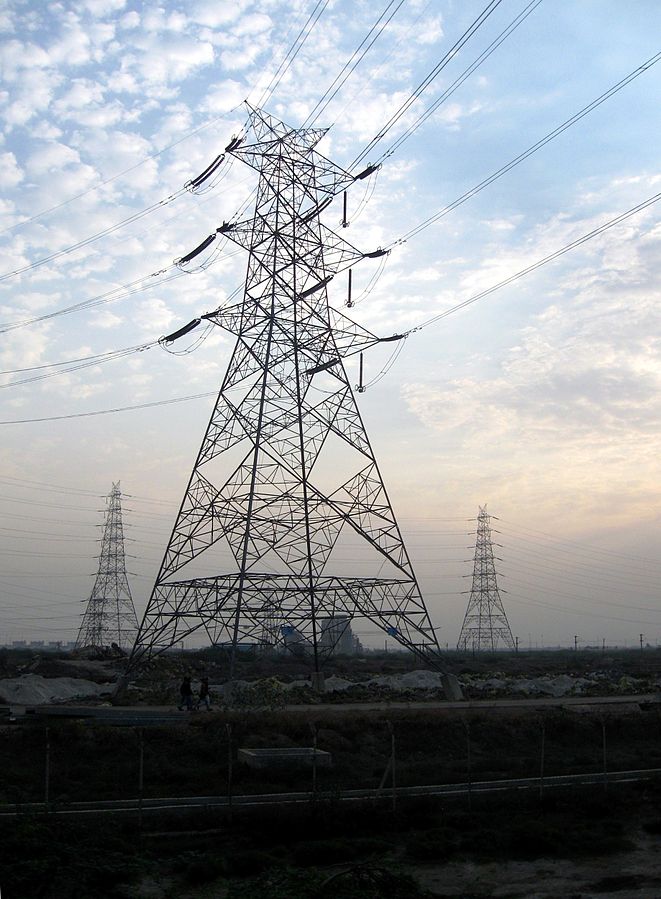As India’s solar power might continues to grow, the government has an ever-expanding ‘to-do list’ that includes all manner of bureaucratic and infrastructural tasks. Chief among these is the creation of robust and comprehensive power lines able to transmit solar energy from the parks to the grid – an undertaking called the Green Corridor Project.
This week, the Power Grid Corp. of India has confirmed that the government is to spend INR 127 billion ($1.8 billion) on building dedicated transmission lines to serve 20 GW of PV capacity from 34 solar parks across 21 Indian states. A large portion of financing for this project will come from German development bank KfW, which will provide a soft loan of around $1.1 billion.
The project is a key part of India’s grand goal of installing 100 GW of solar capacity by 2022; the bulk of which will likely come from large-scale ground-mounted solar parks. As reported by Mercom Capital last week, around 90% of solar capacity already installed in India is in just 10 states, and thus there is a distinct onus on the government to ensure that solar power generated is quickly and seamlessly integrated into the grid and able to flow to consumers nationwide – particularly those that face regular power outages.
Power Grid Corp. of India is hopeful that the Green Corridor will help salve intermittency issues in those states with the highest penetration of solar power, which is approaching 50% in some regions. Cross-state transmission lines will require an investment of around INR 80 billion, said Energy Minister Piyush Goyal, while intra-state lines need some INR 47.45 billion in investment.
Funding for intra-state transmission lines will be comprise of a 20% equity stake held by each state government, 40% by a National Clean Energy Fund grant, and the remaining 40% paid for by the KfW loan. For inter-state transmission lines, the KfW money will fund 70% of the projects, with the remaining 30% coming as equity by Power Grid Corp.
This content is protected by copyright and may not be reused. If you want to cooperate with us and would like to reuse some of our content, please contact: editors@pv-magazine.com.



By submitting this form you agree to pv magazine using your data for the purposes of publishing your comment.
Your personal data will only be disclosed or otherwise transmitted to third parties for the purposes of spam filtering or if this is necessary for technical maintenance of the website. Any other transfer to third parties will not take place unless this is justified on the basis of applicable data protection regulations or if pv magazine is legally obliged to do so.
You may revoke this consent at any time with effect for the future, in which case your personal data will be deleted immediately. Otherwise, your data will be deleted if pv magazine has processed your request or the purpose of data storage is fulfilled.
Further information on data privacy can be found in our Data Protection Policy.